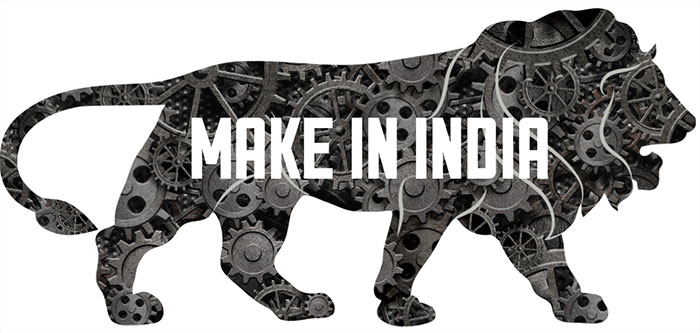Sometimes a simple change in letter makes all the difference. That’s what happened when the government of India tapped advertising giant Wieden+Kennedy to design the now famous “Make in India” campaign to attract foreign investment and boost local manufacturing.
Launched in September 2014, “Make in India” is an exercise in marketing brilliance, bending the now ubiquitous “Made in…” tagline into a powerful call to action. The campaign was also a loud proclamation to China that India would no longer be Asia’s laggard in driving economic growth and creating jobs. The campaign has given India the global attention it was seeking, and investors are responding well enough. The news reported last week that iPhone manufacturer Foxconn Technology was in talks with India to move its operations from China was early proof.
Investors care most about the cost of doing business, the amount of time it takes to set up a business and whether they will have a return on their business. And these things matter especially when the government provides incentives versus the alternative.

For all its flair, “Make in India” is no marketing gimmick, though; it’s a campaign backed by robust government policies designed to attract investment. African countries could use their own slice of marketing genius to draw more capital into their economies. But pulling the manufacturing sector out of the proverbial mire will only happen if countries work on the fundamentals – improving the ease of doing business. Investors care most about the cost of doing business, the amount of time it takes to set up a business and whether they will have a return on their business.
And these things matter especially when the government provides incentives versus the alternative. Which is what Nigeria did a year ago when it introduced the National Automotive Policy to promote local manufacturing of affordable cars. The government doubled the import duty for wholly imported vehicles to 70 percent and it provided foreign automakers across the value chain with tax breaks.
Foreign companies have flocked back as a result, including Volkswagen after a 25-year absence. The policies have also benefited homegrown manufacturers like Innoson Vehicle Manufacturing Company Limited (IVM), which revealed some of its new models last December. About 70 percent of the parts used to build IVM’s cars were locally sourced. The vehicles are attractive, well built and competitively priced. With a simple tweak of investment laws, the Nigerian government declared its own “Make in Nigeria” campaign. If other governments did the same, that would be the makings for a resurgent manufacturing sector.